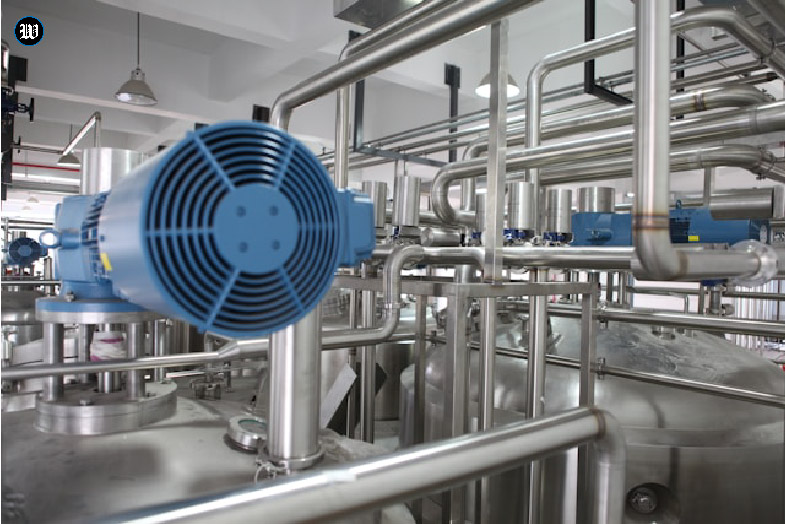Ensuring the safety and longevity of industrial machinery is critical for maintaining productivity and preventing costly downtime. Proper maintenance and safety measures not only enhance machine performance but also protect workers from potential hazards. Below are 10 practical tips to keep industrial machinery safe.
1. Regular Inspections
One of the most important steps in maintaining industrial machinery is conducting regular inspections. By identifying wear and tear early, you can address small issues before they become costly breakdowns. Inspections should be thorough and include all moving parts, electrical components, and safety features.
2. Keep Industrial Parts Clean
Dirt and debris can severely affect the efficiency and safety of industrial machines. Regularly cleaning industrial parts helps to avoid friction, overheating, or other mechanical failures. Establish a cleaning schedule based on the machine’s working environment and workload.
3. Lubricate Moving Parts
Proper lubrication is essential for reducing friction between moving parts, which can help prevent overheating and wear. Make sure that you use the correct type of lubricant for each machine and follow the manufacturer’s recommendations for lubrication intervals.
4. Train Employees on Machine Safety
It’s crucial that employees who operate or maintain industrial machinery are properly trained on safety procedures. Regular training sessions can help prevent accidents caused by human error, while keeping everyone up to date on best practices for handling industrial equipment.
5. Use Protective Guards and Shields
Industrial machinery often involves moving parts that can be dangerous. Ensure that protective guards and shields are in place to prevent accidental contact with rotating gears, blades, or belts. Check these guards regularly to make sure they are intact and properly secured.
6. Implement Lockout/Tagout Procedures
Lockout/tagout procedures prevent machines from being accidentally turned on during maintenance or repair work. This ensures that employees are protected from unexpected startup, which can result in serious injuries or fatalities. Always use proper lockout/tagout devices and ensure all workers follow the protocols.
7. Replace Worn Parts Immediately
When parts show signs of wear or damage, it’s essential to replace them as soon as possible. Running machines with compromised parts can lead to mechanical failure and pose serious safety risks. Keep an inventory of common replacement parts on hand to minimize downtime.
8. Maintain a Proper Record-Keeping System
Keeping detailed records of maintenance, repairs, and inspections is essential for identifying recurring issues and scheduling timely servicing. Use a logbook or digital system to track the condition of each machine and set reminders for future maintenance tasks.
9. Ensure Proper Ventilation
Some industrial machinery generates heat, fumes, or particles that can be hazardous if not properly ventilated. Make sure that the machines are set up in well-ventilated areas and that ventilation systems are functioning properly to protect both equipment and employees according to these tips.
10. Monitor Vibration and Noise Levels
Unusual vibrations or loud noises can be indicators of underlying mechanical problems. Monitoring these signs can help detect issues early, allowing for timely repairs. Installing vibration sensors and regularly measuring decibel levels can be an effective preventive measure.
By following these tips, you can ensure that your industrial machinery stays in top condition and operates safely, helping you avoid costly repairs and potential accidents. Remember, safety always comes first when working with heavy equipment.


